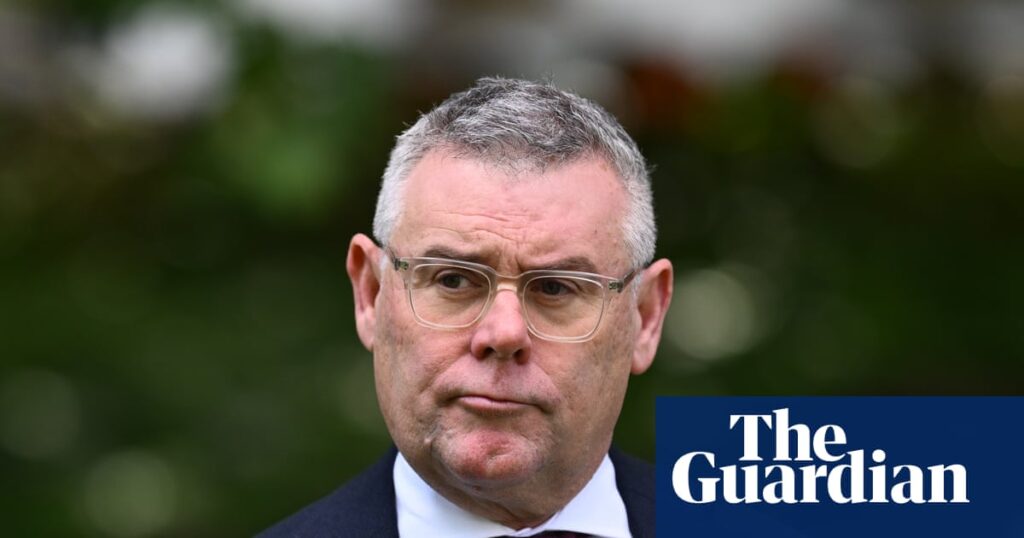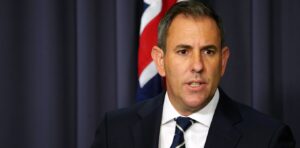
The Albanese government faces a significant challenge in its efforts to overhaul federal nature laws, as it must secure major concessions from either the Coalition or the Greens. Both parties have currently ruled out supporting the proposed changes to the Environment Protection and Biodiversity Conservation (EPBC) Act, leaving the legislation’s future uncertain as it heads to parliament in the upcoming session.
Environment Minister Murray Watt expressed willingness to collaborate with both sides but refrained from speculating about potential amendments. This cautious stance leaves the promised re-write of the EPBC Act in limbo, with its introduction to parliament imminent.
Political Roadblocks and Opposition
Opposition leader Sussan Ley, who had previously indicated openness to a deal with Labor, dismissed the proposal on Thursday, labeling it a “red light” for jobs and a “handbrake” on investment. Her stance reflects broader concerns within the Coalition and parts of the mining industry about the proposed legislation’s impact.
The Greens, on the other hand, criticized the draft as being too pro-business, arguing it does less for environmental protection than the existing laws from the John Howard era. They demand changes that directly address the climate crisis and halt native forest logging.
“Our concern though is that even if they now have to say how much pollution they’re going to create, the minister can’t do anything with that,” said Sarah Hanson-Young, the Greens’ environment spokesperson.
Labor’s Legislative Dilemma
Without a clear partner in the Senate, Minister Watt’s hopes of passing the legislation before Christmas are dwindling. This raises the possibility that a second attempt to reform the EPBC Act might fail within a year.
Labor had anticipated that the Coalition might support the latest iteration, given that Sussan Ley, as environment minister in the Morrison government, initiated the Samuel review that inspired the changes. However, recent private briefings have shifted the opposition’s stance, with shadow environment minister Angie Bell voicing concerns over new definitions of “unacceptable impact” on the environment, which could halt projects immediately.
Among the projects potentially affected is the Alcoa-Sojitz gallium project in Western Australia, part of a deal between Prime Minister Anthony Albanese and former U.S. President Donald Trump. Although Alcoa believes the project will be subject to state, not federal, laws, the opposition remains wary.
Negotiations and Future Prospects
The Coalition’s grievances extend to new requirements for environmental “net gain” and increased penalties for breaches, which they see as part of the contentious “nature positive 2.0” reforms. These reforms were shelved by Albanese before the May election due to political and industry opposition.
According to senior Liberal sources, the opposition will advocate for measures to ensure faster project approvals during negotiations with the government. If Labor fails to win over the Coalition, the fate of the EPBC reform hinges on reaching an agreement with the Greens.
“The legislation will, for the first time, require heavy polluting projects to disclose their emissions, and how they intend to mitigate them, as part of the assessment process,” noted a government insider.
However, the legislation does not compel decision-makers to consider climate impacts, allowing projects like Woodside’s North-West Shelf extension to proceed under the new regime. This omission is a sticking point for the Greens, who insist on stronger environmental protections.
As the Albanese government navigates this legislative impasse, the outcome will significantly influence Australia’s environmental policy landscape. The coming weeks will be critical in determining whether a compromise can be reached or if the proposed overhaul will face further delays.







